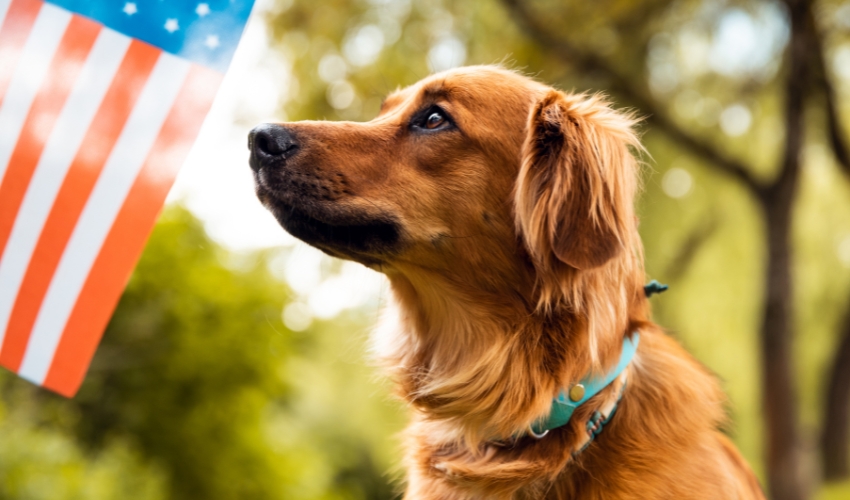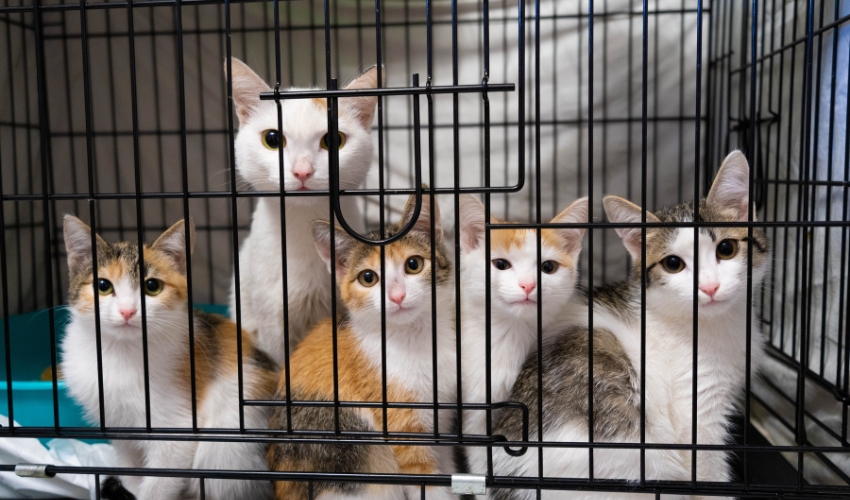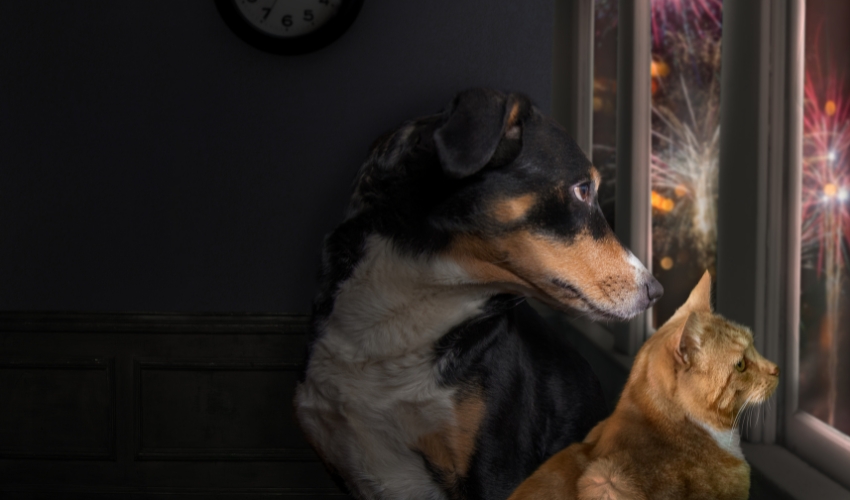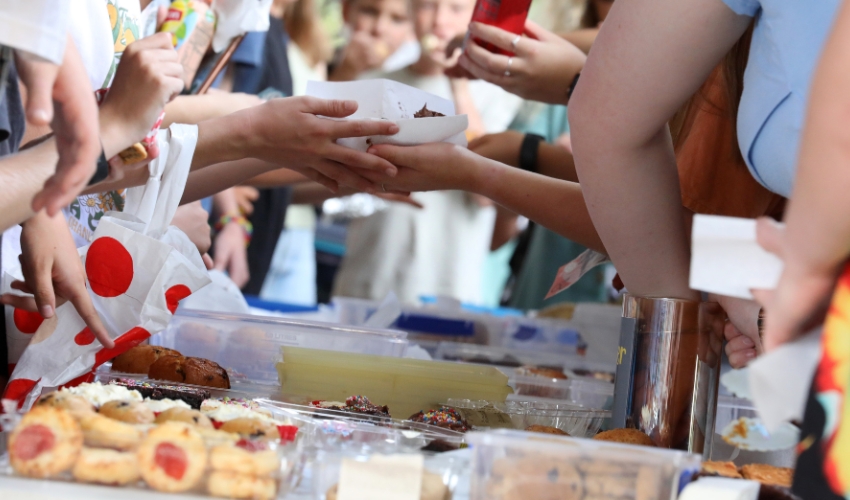Memorial Day is a time to honor the brave individuals who made the ultimate sacrifice for our country. For many, it’s a weekend of remembrance, family gatherings, and fireworks. But while fireworks symbolize freedom for humans, they can represent fear and danger for our furry companions.
In shelters and rescues, the effects of loud noises, especially fireworks, can be deeply distressing to animals, particularly those with histories of trauma, neglect, or abandonment. This heightened sensitivity can lead to escalated anxiety, injury, and even escape attempts.
A study published in Applied Animal Behaviour Science found that noise sensitivity is one of the most common behavioral problems in dogs, especially those in kennels or confined spaces. Read more about canine noise phobias here.
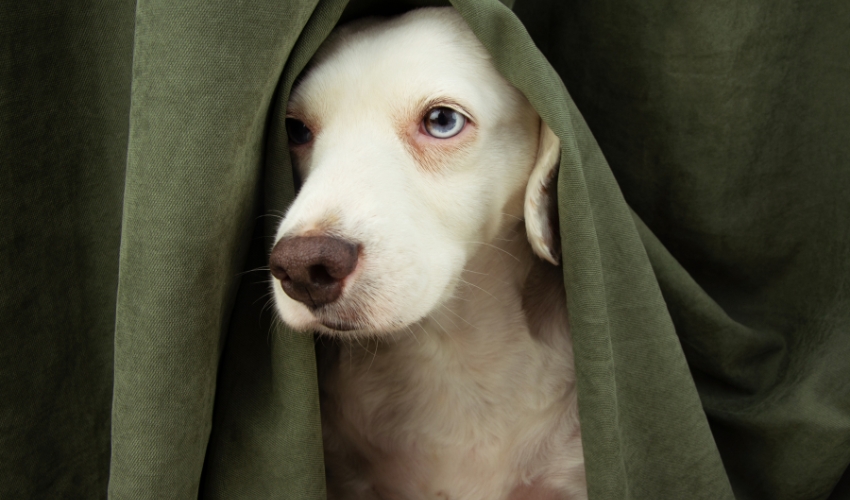
Understanding the Impact: What Fireworks Do to Shelter Animals
The sounds of fireworks can trigger a fight-or-flight response in animals. Common reactions in shelters include:
-
Excessive panting or drooling
-
Increased vocalization or howling
-
Attempts to hide or escape
-
Self-soothing behaviors like licking or pacing
-
Aggression toward handlers or other animals
And for shelters with limited space or staffing, managing widespread anxiety can be overwhelming.
7 Memorial Day Noise-Reduction Strategies for Animal Shelters
Here’s how your organization can proactively reduce fear and keep shelter pets calm during firework-filled nights:
1. Build a Quiet Zone or “Zen Den” in Advance
Designate a separate room or enclosed area as a safe haven for noise-sensitive pets. Use thick blankets, acoustic foam, or moving pads on walls and kennels to absorb sound. If space is limited, even a well-covered crate can serve as a comfort zone.
2. Mask the Noise With Calming Sounds
Research suggests that classical music and white noise can reduce stress behaviors in kenneled dogs. Streaming platforms like Spotify’s Pet Playlist or apps like Calm Dog can help mask firework sounds and relax animals.
3. Use Pet-Safe Calming Aids and Pheromones
Pheromone diffusers like Adaptil (for dogs) and Feliway (for cats) simulate the comforting scent of mother animals. These products are clinically proven to reduce stress and are easy to use in shelter environments.
4. Adjust Feeding and Enrichment Schedules
Feed pets earlier in the day, and provide high-value enrichment like frozen KONGs, lick mats, or puzzle feeders in the evening. Engaged pets are less likely to fixate on external stimuli like fireworks.
5. Communicate Clearly With Your Team
Brief all staff and volunteers in advance. Create a checklist for Memorial Day weekend duties—like monitoring high-anxiety animals, double-checking kennel locks, and updating intake records.
Use communication tools like shared calendars, printed instructions, or digital platforms such as Doobert’s Case Management and Workflows to stay organized.
6. Secure All ID Tags and Microchips
Loud noises increase the risk of escape attempts. Make sure all collars are fitted properly, ID tags are legible, and microchips are scanned and registered correctly in case a pet bolts.
➡️ Need to check microchip status? Try this universal lookup tool.
7. Prepare Educational Materials for Fosters and Adopters
If you place pets in foster homes during the holiday, give families a handout or email on fireworks safety. Include tips on building a calm space, what behaviors to expect, and when to seek veterinary help.
Don’t Wait—Start Planning Early
The key to success is preparation. Memorial Day is one of several holidays that can pose serious risks to animal welfare in shelters, and proactive planning shows your community that your organization prioritizes animal comfort, not just survival.
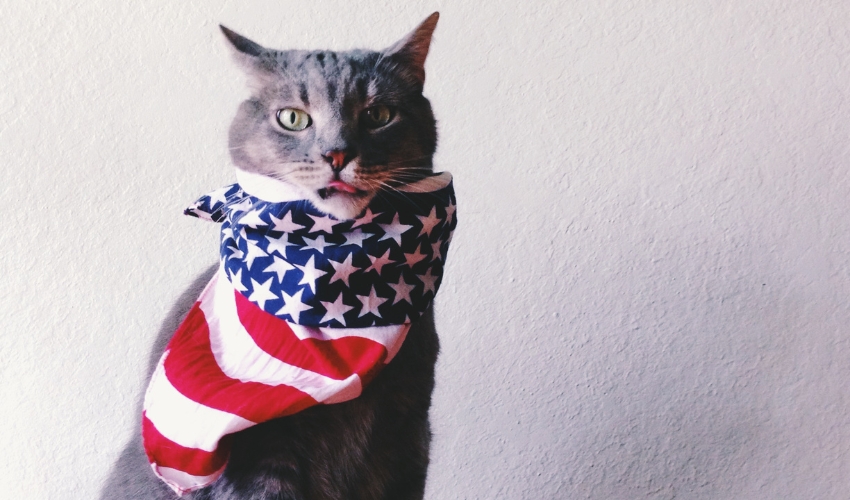
Take Your Shelter’s Care to the Next Level with Doobert
At Doobert, we know that shelter work doesn’t pause for holidays. That’s why we built tools specifically for animal welfare professionals—tools that help you streamline operations, collaborate with others, and improve outcomes even during stressful times like Memorial Day weekend.
✅ Sign up as a Doobert Organization today to access tools like:
-
Customizable animal care workflows
-
Integrated volunteer management
-
Emergency response coordination
And don’t miss out on exclusive tips, tools, and success stories delivered straight to your inbox! 📬 Subscribe to our Organization Newsletter and stay one step ahead—every season.

